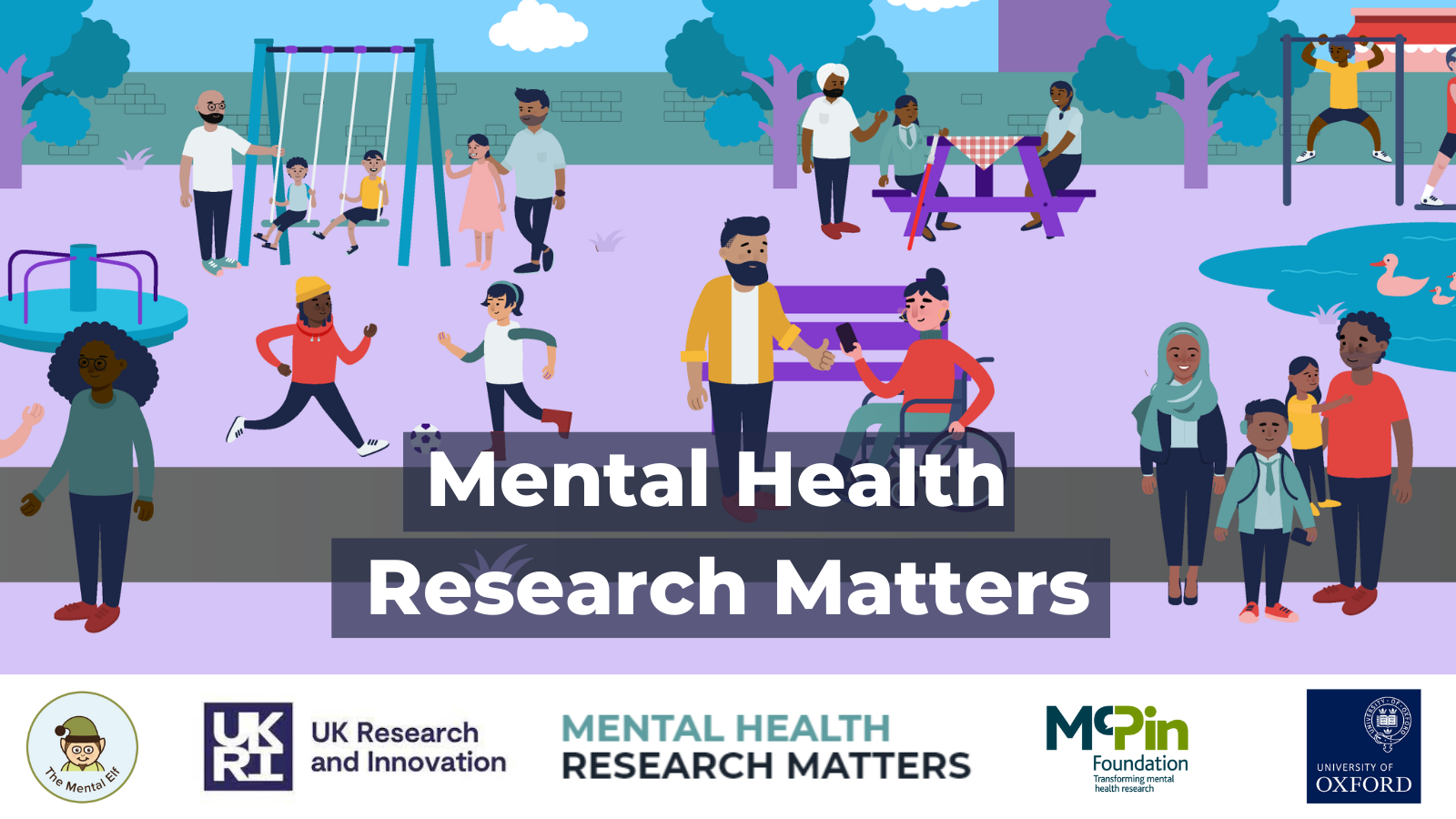COMET stands for the COMon Elements Toolbox. It is an online, single-session intervention designed to support student wellbeing without therapist contact, designed by Akash Wasil and colleagues at UPenn. It takes less than an hour to complete and is done anonymously, from anywhere with an internet connection. It does not require the user to download anything and does not presume that they will come back again – so it’s designed to include the key ingredients within the ‘one-shot’ session.
Evidence-based intervention to meet a mental health need
Researchers designed COMET to fit a gap which they identified through revision of publicly available digital mental health interventions. They based it on existing evidence about what we know works. It includes evidence-based, non-stigmatizing concepts, including cognitive restructuring, gratitude, and behavioural activation.
Culturally appropriate design
Researchers worked in a culturally and contextually appropriate way, getting input from young people in India, for example, when they were developing it there. The researchers are now testing COMET-GB, which is aimed at university students in the UK. Again, they sought input from young people in the UK to make some tweaks to the COMET programme to ensure that it would make sense to students in the UK – hence the version, COMET-GB. In the current study, researchers are comparing doing the COMET programme to a waiting list control. In other words, participants are randomly allocated to complete COMET either right away or after they have waited for a month and filled out some questionnaires.
#MentalHealthResearchMatters
N.B. This project is non-funded. Maria Loades, PI, is NIHR DSE award funded.
There are so many different approaches to take in mental health research. For more about why #MHRmatters and how you can get involved, join the conversation #mentalhealthresearchmatters


